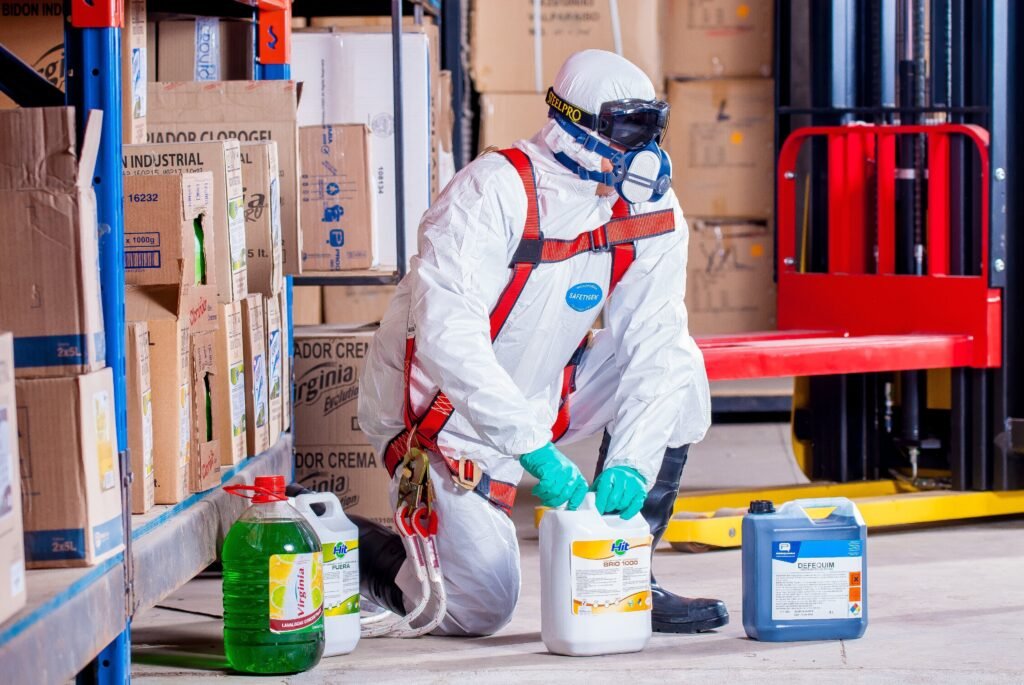What is Pest Control and Why Is it Important?
An In-Depth Exploration of Pest Control and Its Role in Keeping Homes Safe
Pest control is a term frequently tossed around, but its’ importance is often overlooked. In this comprehensive guide, we will unravel the mystery behind pest control, answering the fundamental question: What is pest control and why is it a critical aspect of maintaining a healthy living space?
Defining Pest Control:
1. The Core Concept of Pest Control
At its core, pest control refers to the management and regulation of pests to minimize their effects on human activities. These pests include rodents, birds, and other organisms capable of causing harm to our health, property, and surroundings.
2. The Diversity of Pests and Their Impact
Pests aren’t limited to a specific type. They can be disease carriers, property destroyers, or simply a nuisance. Understanding the diverse range of pests is crucial in developing effective pest control strategies.

Why is Pest Control Essential?
Protecting Health and Well-being
One of the primary reasons for pest control is safeguarding human health. Many pests are magnets for diseases, and their presence can lead to the spread of illnesses. Effective pest control measures aim to mitigate these health risks.
Preserving Property and Structures
Pests can wreak havoc on property and structures, causing damage that may range from annoying to severe. Termites, for instance, can silently eat away at the foundation of a home, leading to costly repairs. Pest control acts as a preventive measure against such structural damages.

Methods Employed in Pest Control:
1. Chemical Control
Chemical control involves the use of pesticides to eliminate or control pest populations. It’s a widely used method but requires careful consideration to minimize environmental impact and potential harm to non-target species.
2. Biological Control
Biological control harnesses the power of nature by using natural predators, parasites, and pathogens to keep pest populations in check. This environmentally friendly approach aims to establish a balance within ecosystems.
3. Mechanical and Physical Control
Mechanical and physical control methods utilize barriers, traps, and other physical means to prevent pests from entering or causing damage. This can include sealing entry points, using traps, or installing barriers to keep pests at bay.
Have a problem of your own? Get in touch with us now.
Why is Pest Control Essential?
The Role of Professionals in Pest Control:
1. Seeking Professional Expertise
While some pest control measures can be undertaken by homeowners, certain situations demand the expertise of professionals. Persistent infestations, the presence of harmful pests, or complex structural issues may call for professional intervention.
2. Regular Inspections as a Preventive Measure
Regular inspections by pest control professionals are essential for early detection and prevention. These inspections can uncover hidden infestations, identify potential vulnerabilities, and provide tailored solutions to protect homes. To find out why pest control is worth it for homes and businesses alike, check out our Is Pest Control Worth It? article.

In conclusion, understanding what pest control is and its multifaceted nature is crucial for homeowners. Whether through chemical, biological, or mechanical means, proactive measures and professional assistance when needed is essential to inhabit a pest-free and comfortable living space.
Here at Pest Control Services and maintenance, we can help you with any issues with pests you might have, get in touch with us today.
